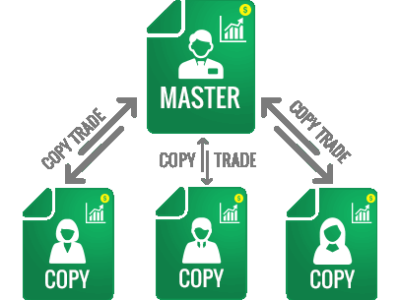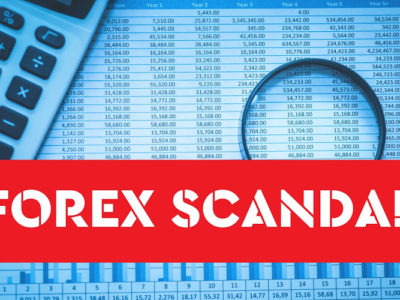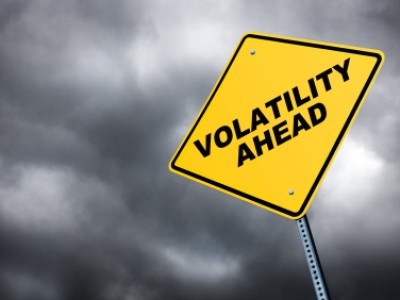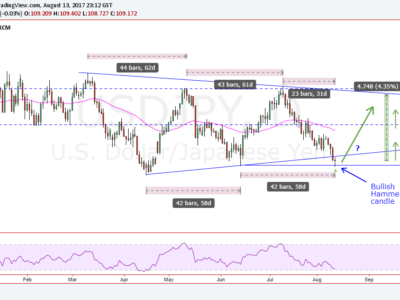Options Early Assignment – Should You Worry?
We received a notice passed along by a trader that had come from his broker. The trader had a short call position and was concerned about early exercise.
The notice said:
Your account(s) hold long and/or short call options whose underlying stock is scheduled to trade ex-dividend within the next two trading days…
It also serves to alert you to those contracts held short that we project as likely to be assigned as a result of the dividend.
The trader wanted to know if this was a problem. He asked:
“Is this a concern when selling naked calls? Suppose the call is Out of the Money and someone wants to exercise their call option to get the dividend?
I can see that this would start as a winning trade for me (the call is remaining out of the money), but now I have the concern about being assigned?”
Answer:
This is normally not something we need to worry about with a short call position. Let’s see why by means of an example.
Let’s say that with HYG shares currently at $86.88, I don’t believe that HYG will break its nearby supply zone around $88 in the next few weeks. I look at the November options and see that the call options at the $88 strike can be sold for $.27 per share (not a recommendation, just sayin’). HYG pays a dividend of thirty-five to forty cents a share on the first of every month.
If I sell the November $88 calls, I will get paid $.27 per share today. In return, I am now contractually obligated to deliver a hundred shares of HYG if ordered to, and to accept $88.00 per share in payment. I expect HYG not to be above $88 when these options expire in a few weeks. If I’m right about that, the people who bought the calls will not exercise them. They will not ask me for the shares since they would have to pay me $88 for them, if they could buy those shares cheaper in the open market. If no one exercises the calls that I sold them, then the $.27 per share is clear profit, which is what I’m expecting.
If the stock is above $88 when the options expire, then the call owners will most certainly exercise them. They will order me to deliver the stock and they will pay me the $88 at that time. Adding in the $.27 per share that I was paid for the calls, my total proceeds on this transaction would be $88.00 + $0.27 per share.
If at the time I sell the calls I do not already own the shares of HYG, then my short call position is “naked”. I am obligated to deliver something that I do not have. If required to deliver the shares, I will have to purchase them in the open market in order to have them to turn over. If I have to pay more than $88.27 when I buy them, I will have a loss and the option owners will gain. That is what they are expecting.
Now to the trader’s question. Let’s say that on October 30, the day before the ex-dividend date, HYG is at $87.80. The options still have two and a half weeks to run. The stock is still below $88 and the supply zone is still in place. Even though the stock has gone up a bit pushing up the call price with it, the calls would at that time be worth about $.38 (up from $.27). I still expect that zone to hold, and the call options therefore to drop down again, and to be worthless when they expire, which is what I want. So I’m not worried. But should I be?
The potential worry brought up by the trader is this: what if someone who owns the options decides to exercise them to get the dividend? If they do exercise them on October 30, then they will own the stock on October 31 and will receive the $.38 dividend. If they wait until November 1, they will not get the dividend. So some call owner may decide to pull the trigger. There is a name for this – it’s called “dividend stripping”.
Will this hurt me?
No, it won’t.
Here’s what would happen:
- I am paid $8800 for the 100 shares at $88 (the strike price).
- I have the 100 shares taken away from me. Since I don’t have any shares, I become short.
- To cover that short position I must buy 100 shares in the open market at the current price of $87.80. This costs me $8780 of the $8800 I just received.
- Don’t forget I already received $.27 per share for selling the calls or $27 total. My total proceeds have been $8800 + $27 = $8827. My outlay has been $ $8780, for a net profit of $47.
Without the early exercise, my maximum profit would have been the $27 I received for the calls. I actually made more profit due to the early exercise than I could have made without it, by $20.
OK, so it sounds like everybody wins. The call owner gets the dividend and I get paid an extra $20. Sounds like we’ve solved perpetual motion?
But in fact, we haven’t. It turns out that my $20 came out of the call owner’s pocket. When the dividend is paid the price of the stock will drop by the amount of the dividend. So, the stock will drop from $87.80 to $87.42. The call owner owns the stock, so he takes that $.38 loss, zeroing out his gain from receiving the $.38 dividend. So in the end he’s just paid $88 for a stock that was worth $87.80, giving away $.20 a share that he shouldn’t have.
Note that even if the stock were much higher than $88, so that the numbers worked out differently, it would always be the case that exercising early could never help the call owner or hurt me, compared to what would have happened without the early exercise.
So do option sellers have to worry about early exercise (due to dividends or any other reason)? The answer is almost always no.















